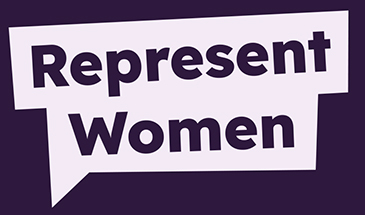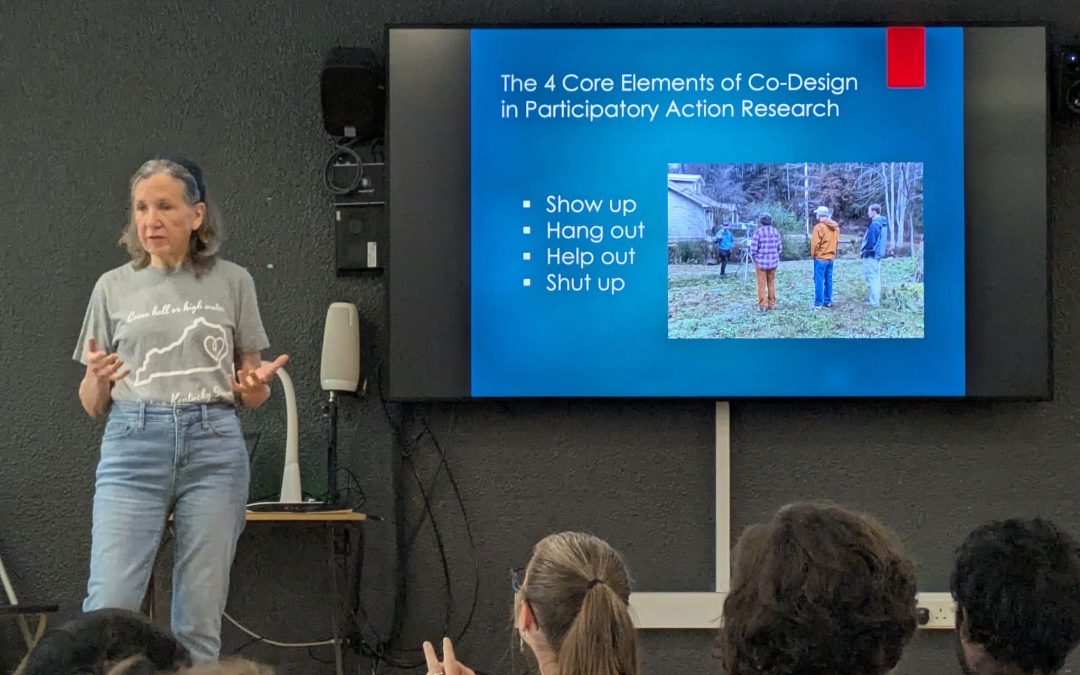A course to transform the way you work
Last week (June 2025), a group changemakers gathered at Durham University’s Student Union for a two-day deep dive into Participatory Action Research (PAR). Among them was Erin Parker Leonard, Dirctor of Policy and Advocacy, who felt privileged to have been offered a place on the course amongst academics and other community organisations. Erin left feeling Inspired about applying the learning to what we do at Represent Women.
‘Our course leaders were fantastic and a great example of strong women who believe in feminist participatory action research, ’ Erin shared. ‘It was fascinating to learn about the rich history of women in PAR. It’s vital to look ahead, but equally important to credit and honour the women in PAR whose invaluable contributions paved the way. Similarly in our work at RW we aim to build upon the invaluable work of the women who came before us.’
What is PAR?
Participatory Action Research (PAR) is a collaborative research approach that involves researchers and participants working together to identify a problem, develop solutions, and take action for social change.
The session was led by Mary Brydon-Miller, Sarah Banks, and Kristin Kalsem, the course offered a blend of theory, ethics, and hands-on learning.
The objectives:
- Build critical understanding of PAR’s uses, benefits, and limitations.
- Explore ethical and political challenges, especially in community-university partnerships.
- Boost confidence in navigating the complexities of PAR across disciplines.
- Learn through doing, with active participation at the heart of the experience.
- Understand and capture impact, ensuring PAR leads to meaningful change.
The course provided a good balance of different learning opportunities. Hearing from the experts in the room and their examples of great PAR projects was inspiring. We also had lots of time for group discussions and took part in some great interactive group sessions.
Our experinces of the day
For Erin, the course sparked new ideas for her work at Represent Women, particularly in using PAR to strengthen their evidence-led approach in the women and girls sector.
‘In our first survey of the sector, we found that beyond funding and rising demand, there’s a real lack of recognition of the sector’s value. We want to prove this value and share it with decision-makers. Watch this space!’
Erin left looking forward to future collaborations with the inspiring academics and community leaders she met.
Find out more about the training here

